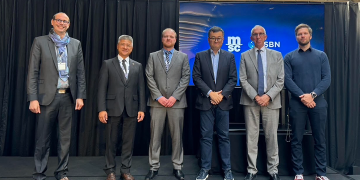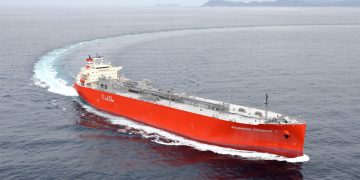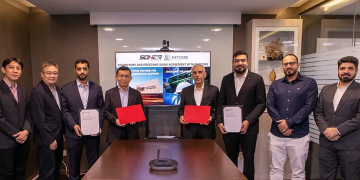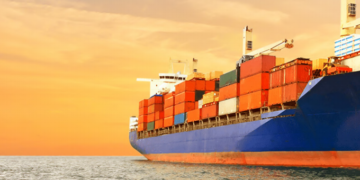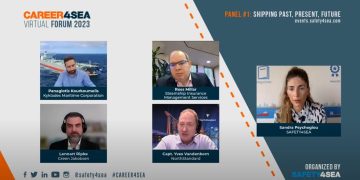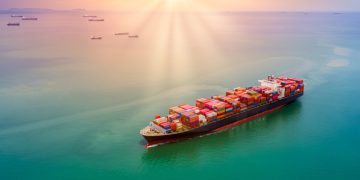Issued by HRAS and MARSAFENET Human Rights at Sea (HRAS) and the Network of Experts on the Legal Aspects of Maritime Safety and Security (MARSAFENET) have joinlty published 'Deprivation of Liberty at Sea' International GuidanceThis is the first independently drafted international document covering Deprivation of Liberty (DoL) by Shipmasters, crew and/or Privately Contracted Armed Security Personnel (PCASP). It is the result of in-depth research into the domestic and international legal frameworks governing deprivation of liberty on board private vessels.The Guidance, which complements existing guidelines on fair treatment of seafarers in the event of a maritime accident as adopted by the International Maritime Organization (IMO), aims to become a leading soft law instrument voluntarily applied by relevant actors in the maritime, fishing and security industries.HRAS CEO, David Hammond, said: "This first edition of the Deprivation of Liberty at Sea Guidance has been the result of six months work involving significant research and stakeholder input. Working alongside European colleagues, Human Rights at Sea is proud to be able to deliver a new and relevant maritime human rights reference document in partnership with EU MARSAFENET."The Guidance outlines a succinct set of principles and detailed guidance for safeguarding a criminal suspect's human rights at ...
Read more







